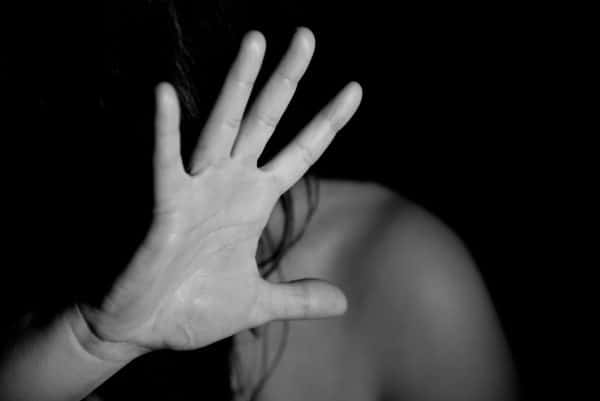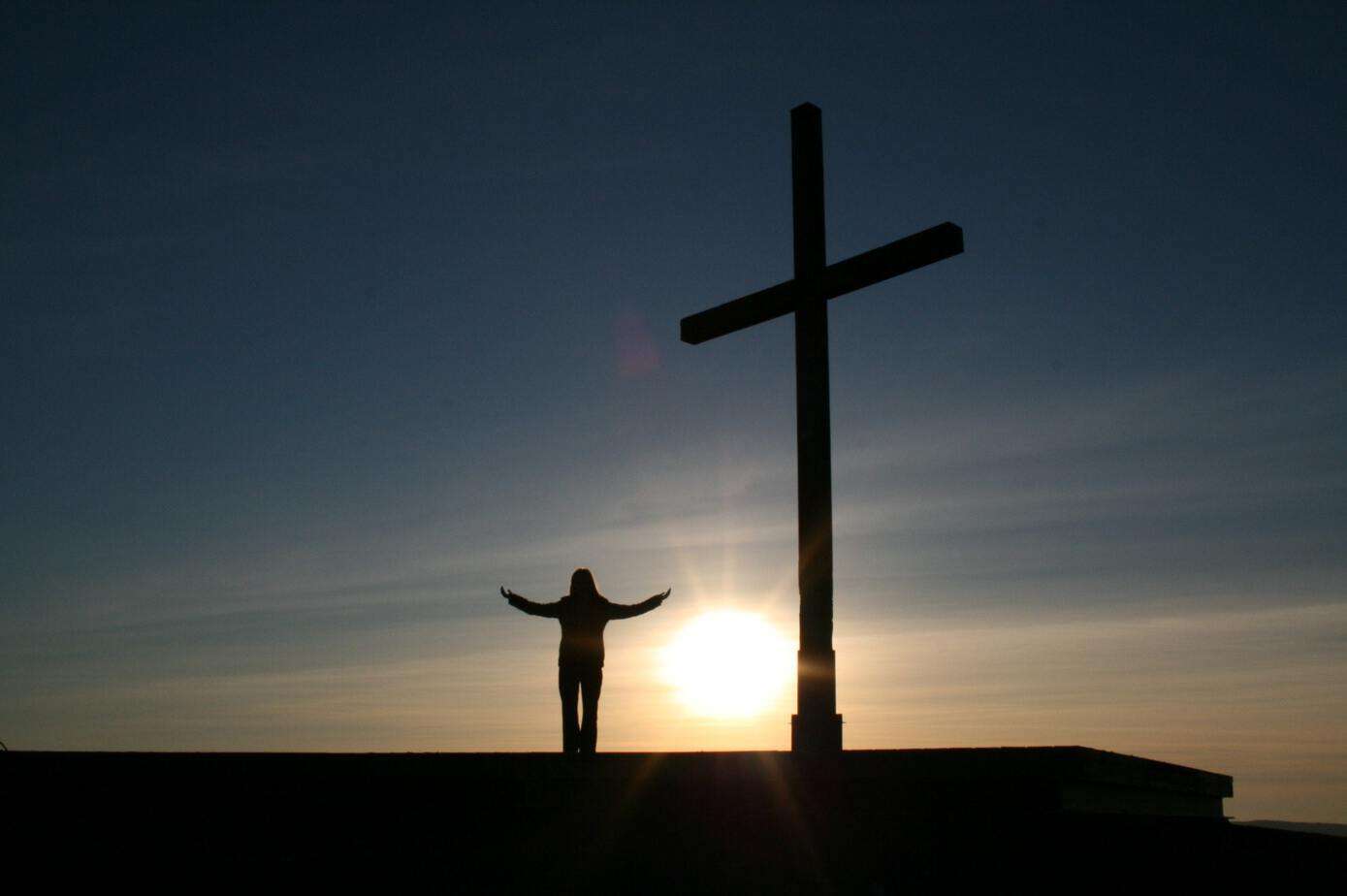Since our early childhood, we have learned behaviors that support a reality that is based on a need to survive.
Belief is an instrument used to create fear. Fear is created for ensuring everyone conforms and become accepting of societal conventions.
The means of inclusion is a desire for belonging and accepting a life of mediocrity and limitations, but this is brought about because of perceived fear.
How Fear Affect our Being?

Fear then becomes the foundation for controlling groups of people and to guarantee its survival. First, you begin by fearing nature, then animals, then the man and when some people no longer concerns man, they had to worry an unseen, divine authority which rules over everything and judges its creation.
Feeling Worthy for the Creator
You, as a member of society, are led to believe that you are a product of a creator who watches over its creation. Therefore your existence in this life is to be confined to a belief that you are here on probation and you must endeavor to be worthy to an authority which rules over you and can sentence you to the immortality of pain and continued suffering if you have not proven your worth.
What People Do to Stay Dominant

To maintain power and dominion over the masses, you need only to create a dogmatic fear, a belief that supports the fear and then subjugates those who don’t support those beliefs. And if that doesn’t work persecute, ridicule and then ostracize anyone who challenges those beliefs so that they don’t infect the fearful with their knowledge.
Our beliefs create your limitations, and when we can liberate ourselves from the dogmas that constrain your life it will unveil an experience without emotional conflicts and limitations
How our Existence is Defined?
Taking responsibility for everything that happens in our lives is fundamental to our awakening. This endeavor can only occur when we understand and accept our role as divine beings and remove the filters in which we all experience our reality.
Without infusing our emotions to our experiences, we can become observers and find the harmony of our natural state. This book is an opportunity for the reader to understand the dynamic principles of how programmed beliefs have governed their lives and how to remove those beliefs so that they can experience life objectively and without emotional conflicts.
A Book Written to Open our Mind
While I regularly attended Catholic service growing up, I was never truly interested in following any organized religion. Although, I did briefly study Buddhism, Hinduism, Gnosticism, and further looked into Catholicism. Still, I never found what I was looking for.
During my late 40s, I began to question everything I knew and believed and understood that my existence was defined through concepts that I did not personally discover, but was taught to me. My “aha” moment came when I began questioning my beliefs about “God.”
The concept of “God” being an outside force that created, and continues to control, everything around me was a trigger.
I questioned my beliefs and came to the realization that “God” was actually inside of me and that there was no need to search—for anything. I came to the realization the only thing I had was everything which I had brought into this world and nothing more.
Therefore, the knowledge I was seeking was within all of us, but hidden behind layers of societal beliefs and constrained by self-imposed fears and limitations.
That’s when my life was transformed and I was no longer in search of truth and instead endeavored to unveil it. Balance is achieved when we find the futility in recognizing the duality in our experiences and how we create karma when we try to force or influence an experience to control the outcome and to maintain the experience in perpetuity.
We can all follow the very simple principles of questioning everything and trusting nothing. We become observers of our reality and we can choose whether we engage the experience with our emotions and know when to let go of our attachments. — David Ramírez, Inspirationalist and Author
About the Author
Raised in a working class Latino household in the Bronx (New York), David Ramirez was exposed to the ridged secular world at an early age. Alongside his family, Ramirez regularly attended mass and practiced the motions of Catholicism with an empty heart, but an open mind. After his family relocated to Levittown Lakes, Puerto Rico to continue his father’s career with the U.S. Navy, Ramirez became exposed to an entirely different way of life. Away from the traditional materialism of America, Ramirez embraced the island mantra of gratitude and inward reflection.



